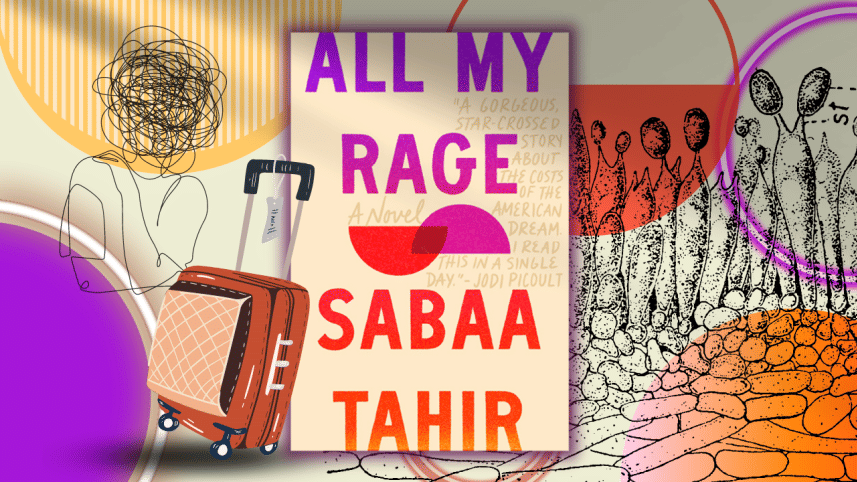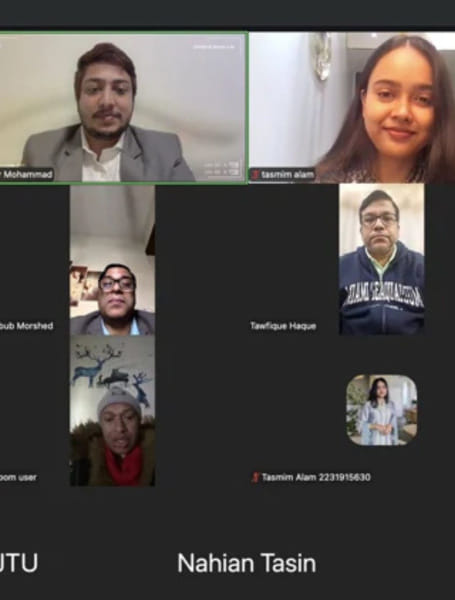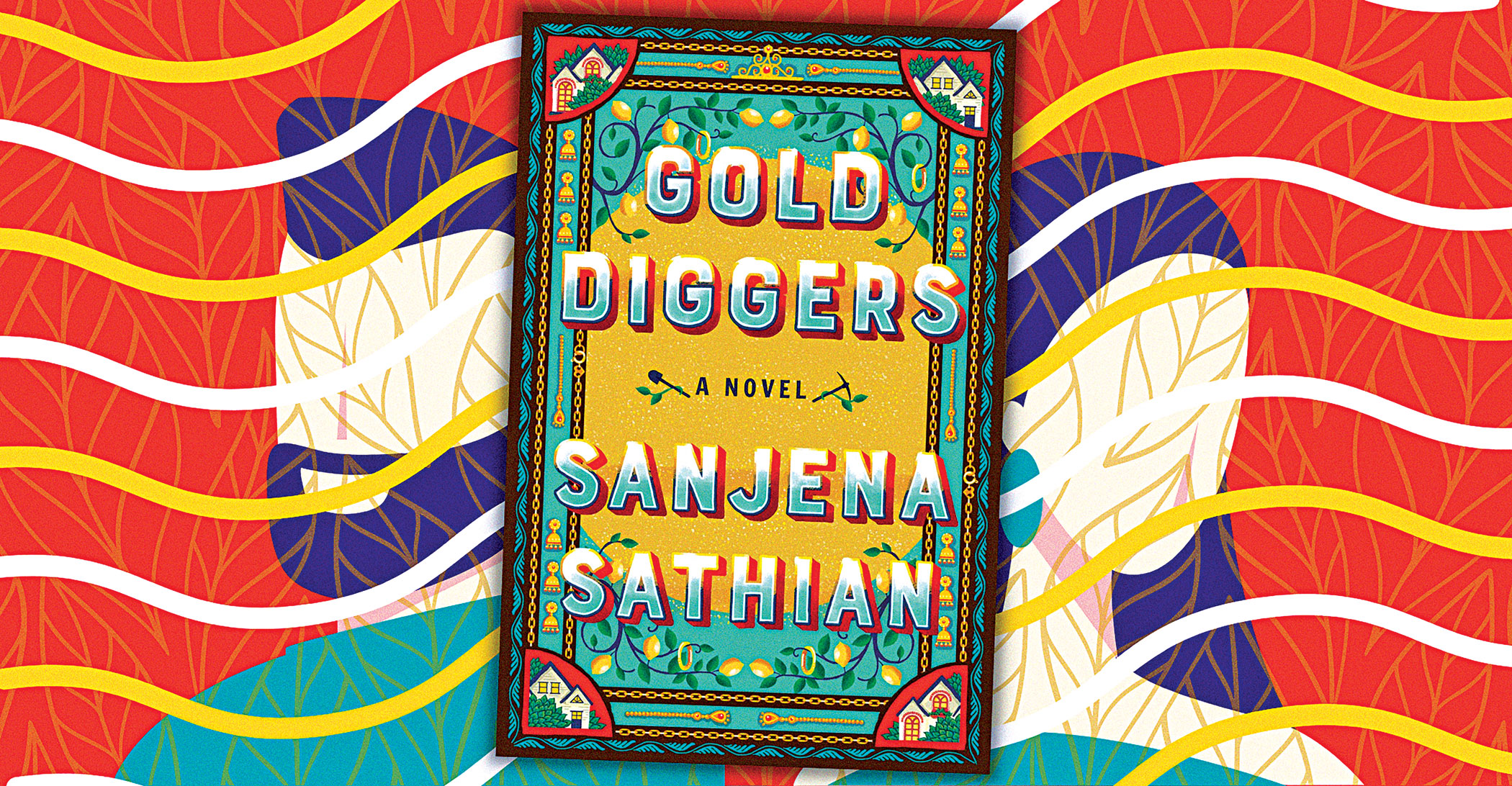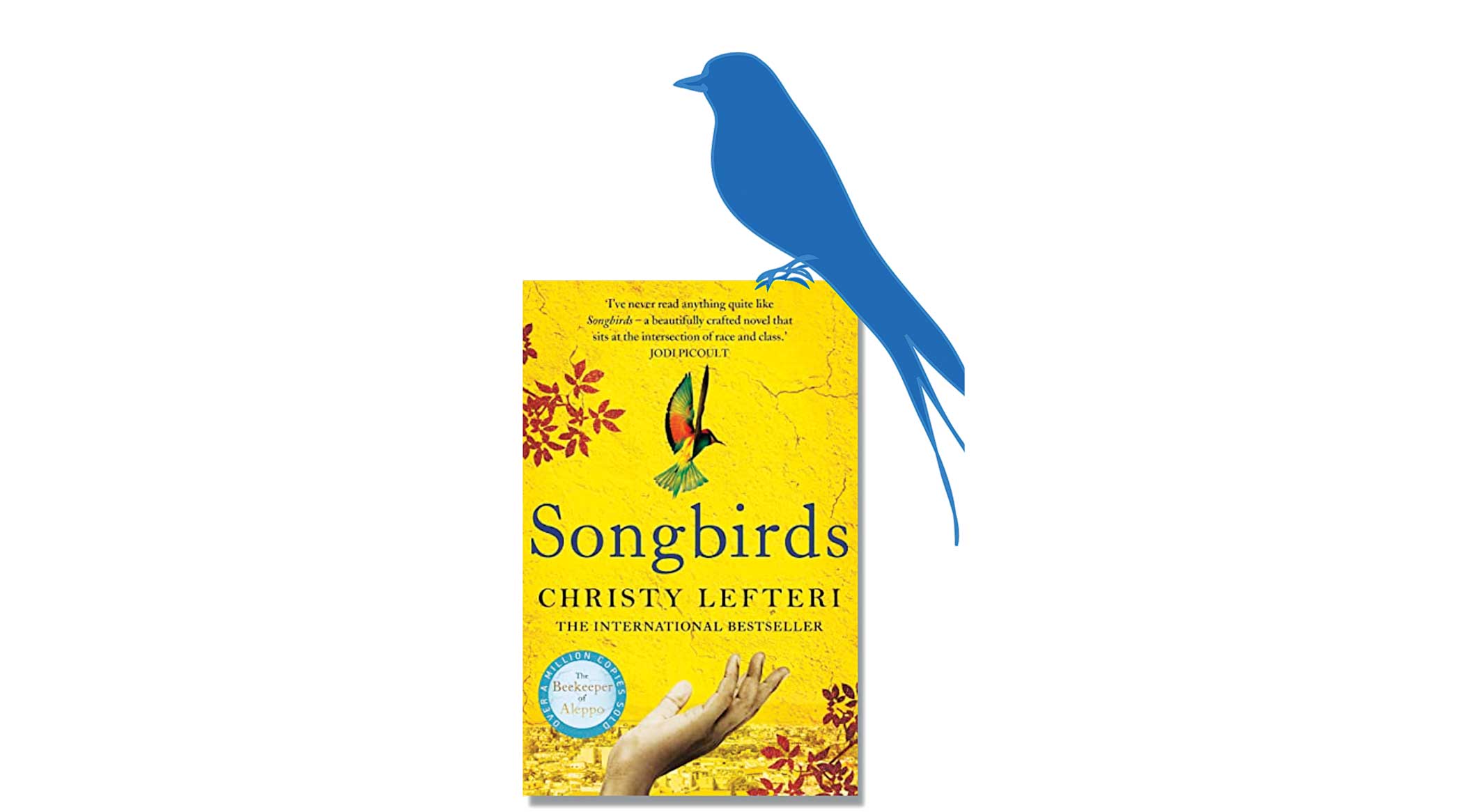Rage is not singular for immigrants in Sabaa Tahir's novel

Sabaa Tahir is a Pakistani-American young adult novelist best known for the An Ember in the Ashes quartet fantasy, a New York Times bestselling series that has been translated into over 35 languages. Tahir grew up in California's Mojave Desert in her family's 18-room motel. There, she spent her time devouring fantasy novels, raiding her brother's comic book stash, and playing guitar badly. She began writing books while working nights as a newspaper editor.
Right from the dedication page of the book, Tahir implies that All My Rage (Razorbill, 2022) is a story of survivors. It opens with the disclaimer that it contains subjects related to addiction, Islamophobia, and assault, among other things. And she does an excellent job of handling such sensitive topics.
Hers is not a preachy mental health awareness novel. Instead of throwing around terms like "trauma" and "abuse", Tahir nudges her readers with imagery. She creates the scenarios a survivor—of racism, xenophobia, Islamophobia, domestic abuse, and bullying—goes through, and how their experiences culminate in mental health issues such as PTSD and depression. At the end of the book, Tahir adds the hotline numbers of organisations which deal with abuse survivors.
All My Rage is a character-centric novel with three main characters: Sal, his mother Misbah, and Noor. Misbah moved to Juniper, California many years ago with her husband from Pakistan and started running the Clouds' Rest Inn Motel. A Pakistani orphan, Noor came to Juniper with his father's brother, the only relative she had. Noor later became Sal's best friend and an honorary daughter to Misbah.
The state of being othered by the mainstream American society, and the interminable identity crisis faced by the Muslim immigrants, are crucial themes in this novel. Being the minority in school, both Sal and Noor have to face numerous difficulties. With time, they create their own coping mechanisms. Sal turns out to be a bookish young man who enjoys writing. Noor dreams of becoming a doctor and clings to music like it's her lifeline. She is determined to create her own identity no matter what. Misbah is the symbol of motherly affection, guiding her children along the way. Every chapter is a first-person narrative of any of these three characters. Misbah's voice—which echoes her Pakistani identity, nostalgia for ancestral roots, and love for the Punjabi culture—primes the background for Sal and Noor's story. The chapters are short, each segueing smoothly to the next.
Every section is neatly paced, giving readers enough time to breathe in the story. For instance, the slow-paced love scenes of Noor and Sal help engage readers effectively. The skillful balance between a character's action and its consequent outcome is remarkable. This, too, piques the curiosity to continue reading.
"What's the word for when someone drinks so much, they are ruining your best friend's life? Or the word for a man so vengeful about his own past that he wants to destroy your future? What's the word for a woman who was sick for months, but refused to go to the doctor until it was too late? The word for the girl at school whose personal mission is to mess with your head?" Tahir writes.
"Anger's not the right word.
Rage. That's what this feeling is, eating me up."
But Rage is not singular, it is underpinned by a plethora of emotions. There is grief of losing loved ones, disappointment of expectations unmet, fear of being denigrated, hope of rising above the misery, and love. All of these boil down to the question of inheriting, losing and creating an identity. Identity as an overarching theme, not just a philosophical idea, but very political, social and economic, especially for emigrants. Tahir, being an immigrant herself, has highlighted the real issues immigrant teenagers in America face. The constant tug of war of opposing cultures—South Asian versus American—puts the youngsters in a dilemma and hinders a smooth development of identity.
Tahir uses stanzas from Elizabeth Bishop's "One Art" to express the universal feeling of loss. In the case of All My Rage, these stanzas help the readers empathise with Sal, Noor and Misbah—people on the fringes of mainstream society in the book:
"I lost two cities, lovely ones. And, vaster,
some realms I owned, two rivers, a continent.
I miss them, but it wasn't a disaster."

Not just Bishop's poetry, but also the appropriate use of mixed media, references from literature (The Lord of The Rings), music (U2's "With or Without You", Florence & the Machine's "Cosmic Love"), movies and series (Star Wars, Star Trek, The Simpsons) all make the novel more relatable. All My Rage is a contemporary YA novel about family and forgiveness, love and loss, in a sweeping story that crosses generations and continents.
Maliha Huq is a contributor to Daily Star Books.



 For all latest news, follow The Daily Star's Google News channel.
For all latest news, follow The Daily Star's Google News channel. 


Comments